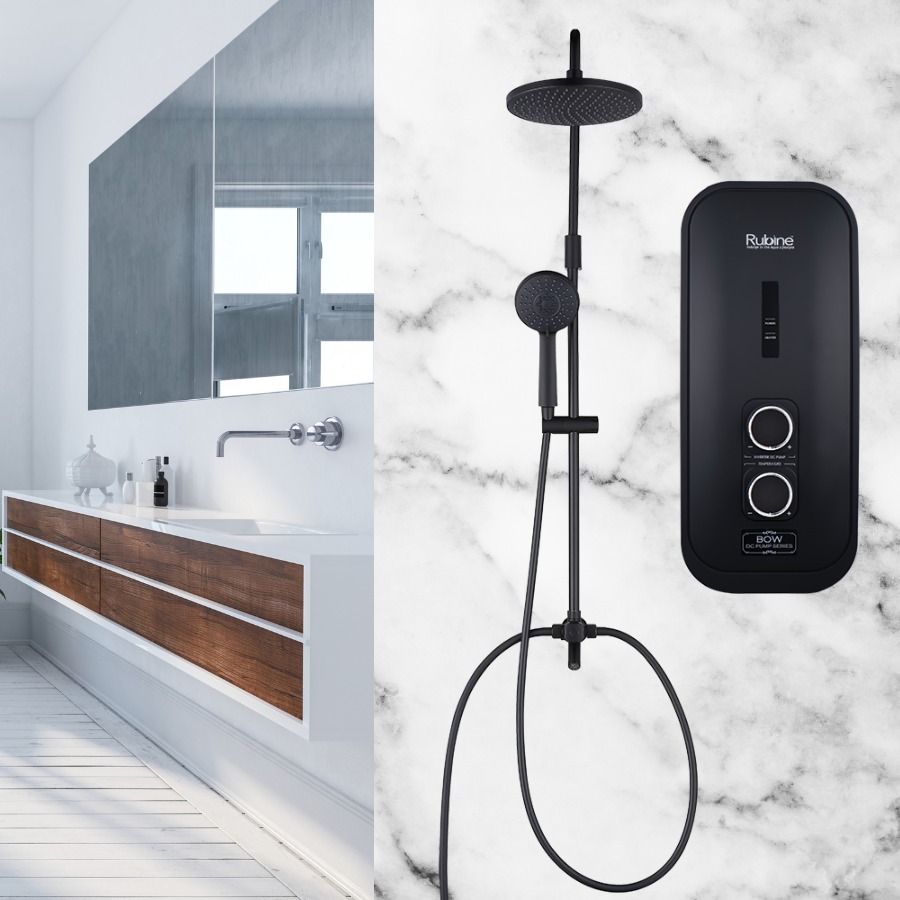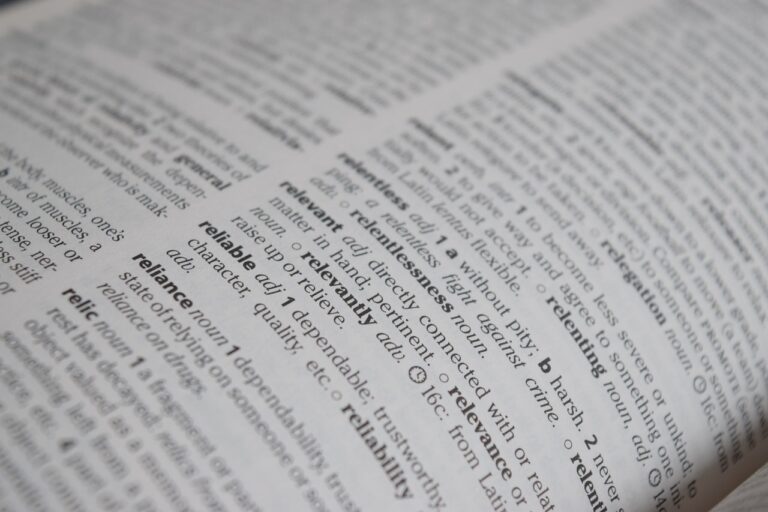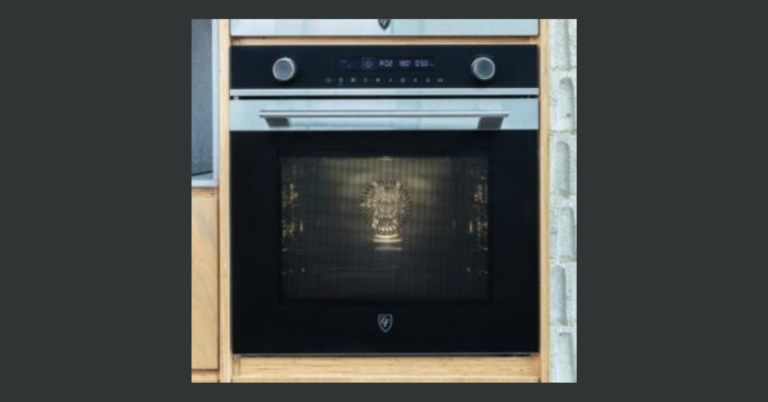Electric Water Heater: A Comprehensive Guide to Choosing the Best Option
Electric water heater are an essential component in many homes, providing a reliable source of hot water for various household needs. Whether it’s for showering, washing dishes, or doing laundry, having a dependable water heater can greatly enhance comfort and convenience. In this article, we’ll explore the benefits of electric water heaters, key features to consider when purchasing one, and tips for maintenance and efficiency.
Benefits of Electric Water Heaters
- Energy Efficiency: Electric water heaters are known for their high energy efficiency, often converting nearly all the electricity they consume into heat. This can result in lower energy bills compared to other types of water heaters.
- Safety: Unlike gas water heaters, electric models eliminate the risk of gas leaks, making them a safer choice for many households.
- Ease of Installation: Electric water heaters are typically easier to install than gas models, as they do not require a gas line or venting system. This can reduce installation costs and complexity.
- Quiet Operation: Electric water heaters operate more quietly than their gas counterparts, providing a more peaceful home environment.
- Versatility: These water heaters come in various sizes and capacities, making them suitable for different household needs, from small apartments to large family homes.
Key Features to Consider
- Capacity: Choose a water heater with the right capacity for your household size and hot water usage. Smaller tanks (20-40 gallons) are suitable for one or two people, while larger tanks (50-80 gallons) are ideal for families.
- Recovery Rate: This refers to how quickly the water heater can heat a new batch of water after the hot water has been depleted. A higher recovery rate means less waiting time for hot water.
- Energy Efficiency Ratings: Look for water heaters with high Energy Factor (EF) ratings, which indicate better energy efficiency. Higher EF ratings translate to lower operating costs.
- Temperature Control: Advanced models offer precise temperature control, allowing you to set and maintain your desired water temperature easily.
- Tank or Tankless: Decide between a traditional tank water heater and a tankless model. Tankless water heaters provide hot water on demand and can be more energy-efficient but may have higher upfront costs.
Installation and Maintenance Tips
- Professional Installation: While electric water heaters are generally easier to install, it’s still advisable to hire a professional to ensure proper setup and adherence to safety standards.
- Regular Maintenance: Periodic maintenance can extend the life of your water heater and maintain its efficiency. This includes flushing the tank to remove sediment buildup and checking the heating elements for wear and tear.
- Insulation: Insulating your water heater tank and pipes can reduce heat loss, improving energy efficiency and lowering utility bills.
- Thermostat Settings: Set your water heater thermostat to 120 degrees Fahrenheit. This temperature is sufficient for most household needs and can prevent scalding while reducing energy consumption.
- Leak Checks: Regularly inspect your water heater for any signs of leaks or corrosion, and address issues promptly to avoid costly repairs or replacements.
Conclusion
Electric water heaters are a reliable and efficient choice for providing hot water in your home. By considering factors such as capacity, energy efficiency, and maintenance requirements, you can select the best model to meet your needs. Proper installation and regular maintenance will ensure that your electric water heater operates efficiently and lasts for many years. Whether you opt for a traditional tank or a modern tankless model, an electric water heater is an investment in comfort and convenience for your household.







